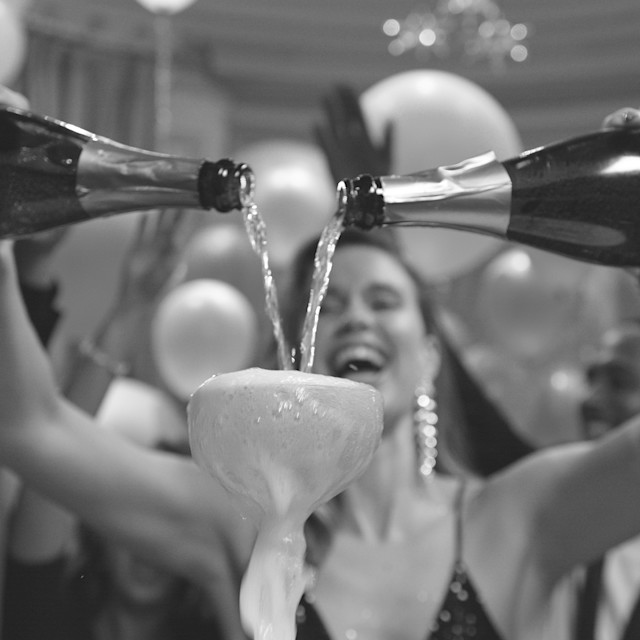Reap the benefits of happiness by indulging in small pleasures.
Eat more veggies. Eat less carbs. Intermittent fast. Meditate. Exercise daily. Save, but invest your money. Hustle, but also slow down. Prioritize relationships, but also make time for yourself.
All the things we’re supposed to do can wear you down. Are there even enough hours in the day to do them all? With the holiday season in full swing, taking time to indulge in things you enjoy may not only enhance your love for the holidays, but it may also improve your overall health and happiness.
“Indulging yourself is actually a very good thing to do,” says Ellen Langer, Ph.D., a psychologist and professor at Harvard University, who has been studying mindfulness and mindlessness for more than 40 years. Explaining that mindfulness is the simple act of actively noticing new things, she says that you can’t have fun when mindless, which she describes as doing things on autopilot. “When you make the decision to do something special for yourself, you’re going to be mindful,” she says.
RELATED: Mental Fitness: Neutral Thinking
While her most recent book, The Mindful Body: Thinking Our Way to Chronic Health, focuses on how the mind and body should be treated as one unit, her past work illustrates how active noticing, which is part and parcel of making deliberate choices, can have a great impact on your quality of life.
There’s a caveat though: Treating yourself to big indulgences may result in regret and guilt, which would take away the benefits. Revel in small indulgences.
Even "guilty" pleasures can be beneficial, says Sonja Lyubomirsky, professor of psychology at the University of California Riverside, who’s dedicated her career to studying human happiness. “Research shows that when we experience positive emotions, we might be more creative, we might be more social,” she says. “Even our immune systems can be boosted through positive emotions.”
Lyubomirsky explains that happiness has two components. The first is the experience of frequent positive emotions, such as enthusiasm, serenity, affection, pride, curiosity, and joy. “So the more frequent the experiences are, the happier a person is,” she says.
The other component of happiness is how satisfied you are with your life, which may be related to meaningful experiences and how you view the quality of your life as a whole.
When you make the decision to do something special for yourself, you’re going to be mindful.
Research also shows that positive emotions can serve as an antidote to negative emotions. “Having a positive experience, even if it’s a kind of guilty pleasure, can neutralize negative emotions,” shares Lyubomirsky. “It could actually help buffer the effects of the negative stuff in your life.”
That is completely up to the person experiencing them. Both Lyubomirsky and Langer explain that indulgences and positive experiences (that lead to positive emotions) are unique to each person. Whatever you perceive to be a positive experience is one that results in positive emotions. Whatever you perceive to be an indulgence, big or small, is an indulgence.
RELATED: The 4 Pillars of Self-Investment
The moral of the story is this: Whatever brings you a boost of happiness, the deliberate act of choosing to indulge will not only allow you to enjoy yourself, but also benefit your well-being.
Remember this as you mindlessly try to knock off a huge to-do list this holiday season because the quest for perfection is misguided, says Langer. It’s all the moments of positive emotions and deliberate action that will do you the most good.
“You can do things either perfectly mindlessly, or imperfectly mindfully,” she says.
